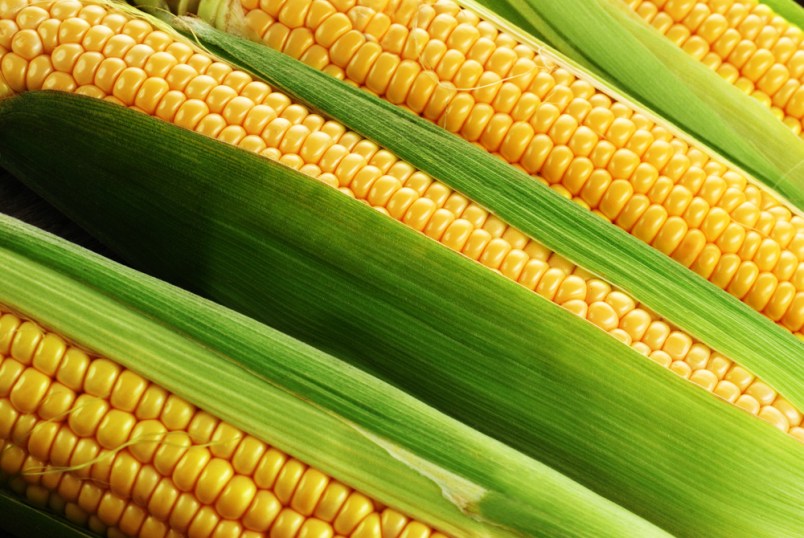MILWAUKEE (AP) — The U.S. Department of Agriculture opened the door Friday to commercial sales of corn and soybean seeds genetically engineered to resist the weed killer 2,4-D, which is best known as an ingredient in the Vietnam War-era herbicide Agent Orange.
The U.S. military stopped using Agent Orange in 1971, and it has not been produced since the 1970s. Scientists don’t believe 2,4-D, which is legal and commonly used by gardeners and some farmers, was responsible for the health problems linked to Agent Orange.
The USDA’s Animal and Plant Health Inspection Service published a draft environmental impact statement Friday as part of the process for potential deregulation of the seeds, which can now be used only in tightly controlled field trials. Deregulation would allow commercial development of the seeds and presumably lead to greater use of the herbicide.
The USDA has oversight over the seeds, not the herbicide.
The public has 45 days to comment on its report. The Environmental Protection Agency is conducting a separate review of 2,4-D, although it previously found it safe to use.
Some corn and soybean farmers have eagerly anticipated a next generation of herbicide-resistant seeds as weeds immune to Monsanto’s Roundup, known generically as glyphosate, become more common. Most corn and soybeans grown in the U.S. are genetically engineered, usually with the Roundup resistant trait.
But some scientists and environmentalists regard the development with alarm, noting 2,4-D can easily drift beyond the area where it is sprayed, threatening neighboring crops and wild plants.
The USDA’s plant inspection agency found the greatest risk from the seeds, developed by Dow AgroSciences, was that increased use of the herbicide could hasten the evolution of weeds resistant to it. But it said resistance could happen anyway because 2,4-D, sold by Dow AgroSciences and other companies, is the third most-used weed killer in the nation.
The herbicide has had limited use in corn and soybean farming because it becomes toxic to the plants early in their growth. The new seeds would allow farmers to use 2,4-D throughout the plants’ lives.
The EPA will look at the impact of expanded use of 2,4-D in a report expected to be released for public comment in the coming months. The EPA and APHIS are expected to make final decisions simultaneously on use of the chemical and seeds. The timing on that is uncertain.
Dow AgroSciences has asked APHIS to deregulate one variety of corn and two varieties of soybeans. Both soybean varieties resist 2,4-D, but they differ in their immunities to other herbicides. All three seeds have immunity to multiple weed killers.
APHIS said farmers could help deter the development of 2,4-D resistance by using a variety of means to fight weeds and not relying solely on it.
Scientists do not believe 2,4-D was responsible for the health problems in Vietnam veterans that have been linked to Agent Orange. Instead, they have focused on dioxin, a cancer-causing contaminant found in another ingredient known as 2,4,5-T. EPA banned 2,4,5-T in 1985.
Copyright 2014 The Associated Press. All rights reserved. This material may not be published, broadcast, rewritten or redistributed.






